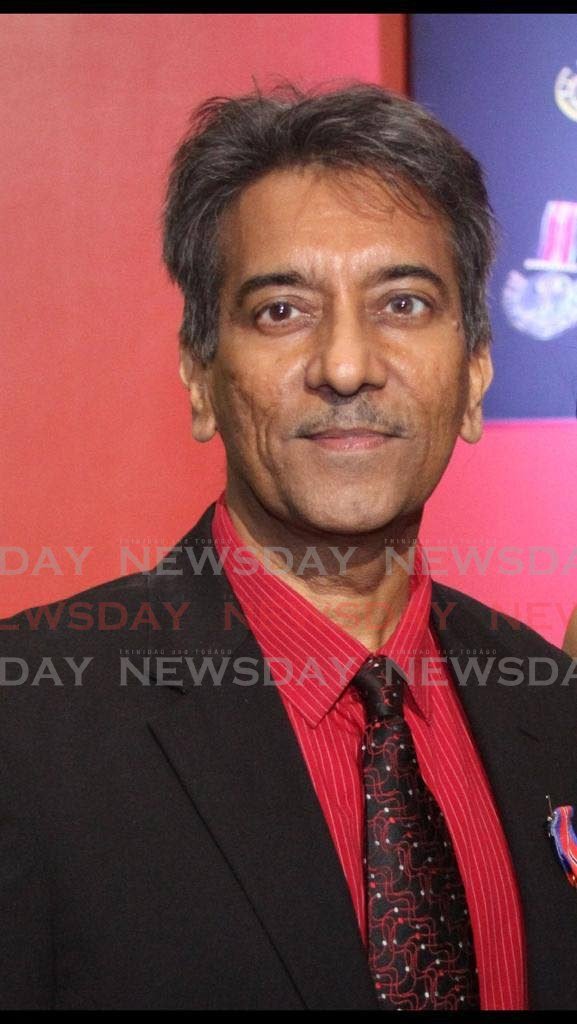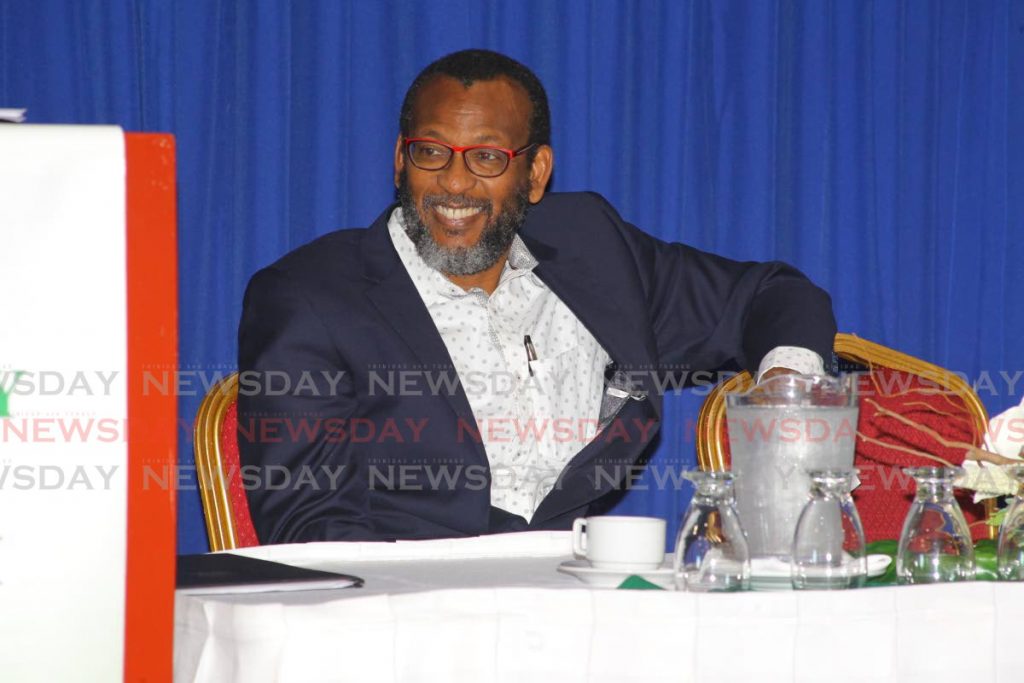Young people at risk of depression

A call was made on to put focus on teenagers and young adults as they have become one of the groups most vulnerable to suicide.
That call was made by psychiatrist and former senator, Dr Varma Deyalsingh, and head of the Psychiatric Unit at NCRHA, Prof Gerard Hutchinson, on Thursday during a virtual panel discussion in commemoration of World Suicide Prevention Day.
Deyalsingh revealed worldwide statistics which said suicide is the second highest cause of death of people between the ages of 15 and 29.
“And that is the frightening thing. If we have children in that age group, we have to be aware, and we have to be cautious,” Deyalsingh said.
They agreed that TT is among four countries, along with Cuba Guyana and Suriname, which have the highest suicide rates in the Caribbean. Hutchinson added that while in the 90’s the higher rate of suicide was seen in the 50-59 age group, but now, the highest rate is in the 20-29 age group. Before, the average age of a suicide victim was 50 and 64, the age has now come down to the early 30’s.
“There has been a significant shift. Younger people are committing suicide more frequently, and that is something that deserves attention.”
Men, younger men in particular, are even more vulnerable to depression and committing suicide, partly because of the trend of men refusing to seek help for not only their physical health issues but mental health issues as well.
“Whether it is a macho mentality, they don’t think it is okay to cry. It may be connected to gender roles, as men are brought up to be strong and silent.”
Safe spaces where men feel comfortable to vent are still needed as more women frequent clinics and seek help. Deyalsingh said there was a particular challenge making clinics attractive enough to bring more men in to speak on their issues.
The covid19 pandemic has added to the uncertainty which leads to depression and suicide as people struggle with anxieties over getting the virus in the first instance, and concerns over economic stresses that come with the restrictions for the virus, but for TT, there has not been evidence to show that there has been a spike or rise in the rate of suicide since the first case of covid19 in March.

Hutchinson said there should also be a focus on people who commit acts of self-harm, like cutting, or burning themselves, but not suicide. Pointing out that the acts may seem like a momentary relief for people who are overwhelmed by anxiety, stress or depression the acts of self-harm could go overboard and have a fatal ending.
Deyalsingh called for more staffing at mental health and social assistance organisations. Pointing out that identifying depression or suicidal tendencies in children is difficult, he suggested that the Ministry of Education assist with younger children who may be under stress, by having assessments at the secondary school level.
“They could be suffering from depression or have a learning disability or issues where we would need to step in with the child support unit.”
“On the other extreme if we have older people who are not getting jobs, having financial difficulties, social support needs to step in,” Deyalsingh added.
Safe spaces for men and children are still needed, Deyalsingh said despite having clinics
With regard to spotting suicidal tendencies in children, Deyalsingh said parents should look out for changes in behaviour, personality and interests. People should also look out for issues happening in their lives and talk to them about it.
Deyalsingh said there is an adolescent clinic at the Eric Williams Medical Sciences Complex as well as other clinics.
“But we need to advocate for much more,” Deyalsingh said.
If you believe that your child is suffering from depression and could be contemplating suicide, you can call Childline at 800-4321, or their hotline at 131 they can also contact the Children’s Authority at 627-0748, 623-7555, or by dialling 996.
People can also call the emergency services – 999, 811 or 555 – to try to get professional help.
Close to 800,000 people worldwide die due to suicide every year.


Comments
"Young people at risk of depression"